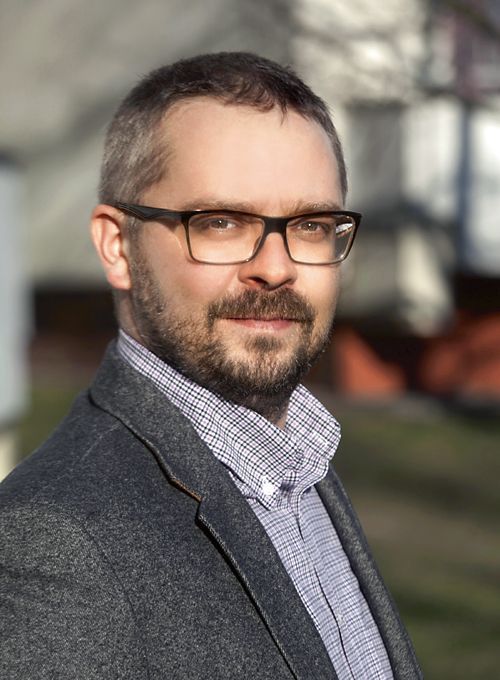What does it mean to manage a property well? “This means drawing up a long-term strategy for a property, not acting short-sightedly,” argues Dominik Olechowski, the managing director of Lux-Dom, one of the larger firms on Warsaw’s residential property management market. “We plan five years ahead. This means that we are already planning what’s to be done in the next few years,” says Dominik Olechowski. It is difficult to convince the many members of the resident’s association to start saving up for renovations straight away, particularly at the beginning when everything is new. Then, when it suddenly turns out that it is necessary, for example, to refresh and restore an expensive sandstone faćade at a cost of PLN 100,000, the residents don’t want to hear about such expense and they won’t make this kind of decision for years, so the property loses its looks and value. It requires a manager’s experience to convince the residents’ association to raise the funds early





























































